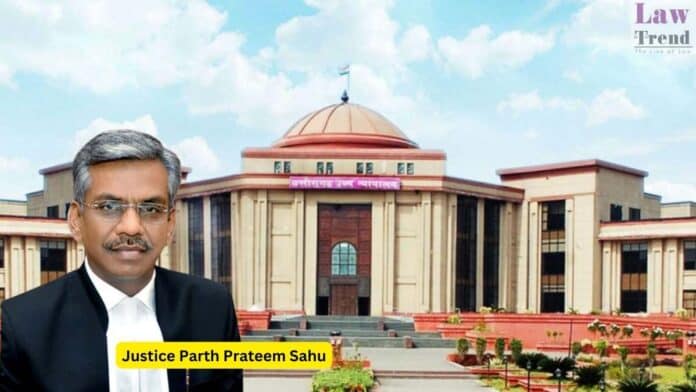In a significant ruling on Tuesday, the Chhattisgarh High Court directed the Superintendent of Police in Bastar to ensure that a family, who have converted to Christianity, can perform the funeral of a deceased woman on their private land as per their wishes. The decision comes after local villagers opposed the burial, claiming it would bring misfortune to the village.
Justice Parth Pratim Sahu of the single bench issued a verdict in favor of the petitioner, instructing the management of Medical College Jagdalpur to immediately release the body to her son. The court’s intervention highlights the ongoing tensions between traditional beliefs and constitutional rights.
The case was initiated by Ram Lal Kashyap of Errakot village, who reported that after the natural death of his mother on June 28, local police prevented him from burying her on his land. Instead, they instructed him to transport the body 15 kilometers away to a designated cemetery in Korkapal village, a directive Kashyap chose to challenge.
The petitioner’s lawyer argued that Kashyap has the constitutional right to conduct his mother’s funeral in a dignified manner according to his wishes. He cited a similar Chhattisgarh High Court decision from April and referred to a Supreme Court order in the case of Mohammed Latif vs. Jammu & Kashmir, which upheld that preventing a dignified burial as per the family’s wishes constitutes a violation of Article 21 of the Constitution, which guarantees the right to life and personal liberty.
During the proceedings, the Deputy Advocate General representing the state acknowledged the village’s predominant tribal community’s beliefs that burying a person who had converted from their traditional religion on village soil, even if on private land, could cause harm to the village. He argued that allowing the burial within the village could lead to disputes and law and order problems.
Also Read
However, the petitioner’s attorney countered this by asserting that constitutional rights must prevail over orthodox beliefs. After hearing both sides, the court ruled in favor of the petitioner, emphasizing the precedence of constitutional rights over local customs in matters of personal and religious freedom.




